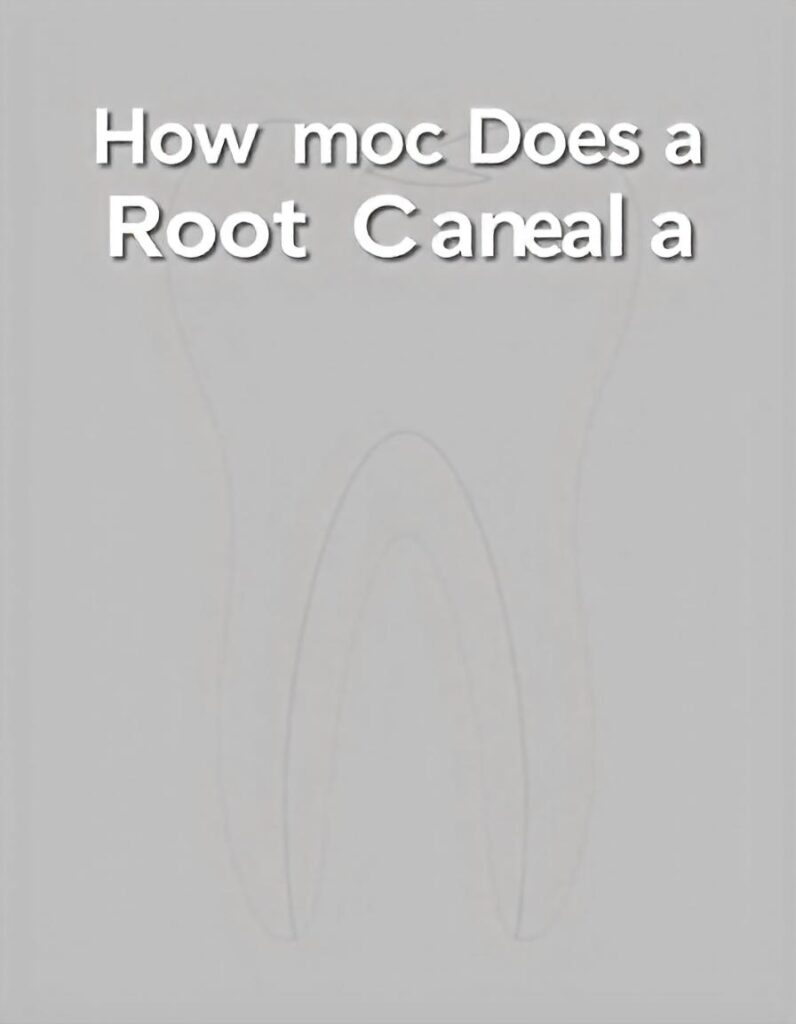
Introduction:
When it comes to dental treatments, understanding the potential costs involved is crucial for making informed decisions. One common procedure often raises questions about expenses is a root canal. From the cost the treatment itself to additional factors that may influence pricing, let’s delve into this topic to help clarify any uncertainties.
Featured Snippet:
A root canal typically ranges in cost from $500 to $2,000, varying based on various factors such as location, dentist expertise, complexity of the case, and the number of canals treated. It’s essential to consult with your dentist for an accurate estimate tailored to your specific needs.
Thumbnail:
Root canals are considered one of the most effective solutions for preserving a natural tooth while alleviating pain caused by infection or decay. Yet, concerns about associated expenses often arise. Understanding the expected costs and factors influencing them can aid in planning and decision-making.
Understanding Root Canal Costs:
1. Location: Dental costs can vary significantly from one region to another. Urban areas or places with higher living standards may generally have slightly higher prices compared to rural regions.
2. Dentist Expertise: An experienced endodontist or specialist may charge more due to their advanced training, skills, and specialization in performing root canals. However, it is essential to weigh the expertise against potential cost savings in the long run, as more skilled professionals tend to deliver better outcomes.
3. Complexity: The complexity of your case can impact the overall cost. Root canals can involve treating different numbers of canals, depending on the tooth and infection severity. Molars typically have more canals and are more challenging to treat, which may result in increased costs.
4. Additional Procedures: Sometimes, patients may require supplementary procedures alongside the root canal, such as a dental crown or retreatment if a previous root canal failed. These additional procedures can contribute to the overall cost of treatment.
People Also Ask:
1. Are root canals covered by insurance? Dental insurance often covers a portion of root canal expenses, but the exact coverage will depend on your insurance plan. It’s advisable to check with your provider before undergoing the treatment to fully understand your coverage and any associated costs.
2. How can I finance a root canal? If you don’t have dental insurance or if it does not cover root canals adequately, there are other options to consider. Many dentists offer payment plans or financing options to help patients manage the expenses, allowing for more accessible access to necessary dental care.
3. Are there alternative treatments to root canals? In some cases, alternative treatments such as tooth extraction and replacing the missing tooth might be considered. However, it’s essential to discuss all possible options with your dentist to determine the best course of action based on your oral health needs and preferences.
In conclusion, the cost of a root canal varies based on several factors, including location, dentist expertise, complexity, and additional procedures required. Knowing these details and exploring dental insurance coverage or financing options will assist in understanding the associated expenses. Ultimately, when it comes to your oral health, investing in quality treatment is vital for a healthy and pain-free smile in the long run.
Click here for more Article : https://socialinfozone.com/
